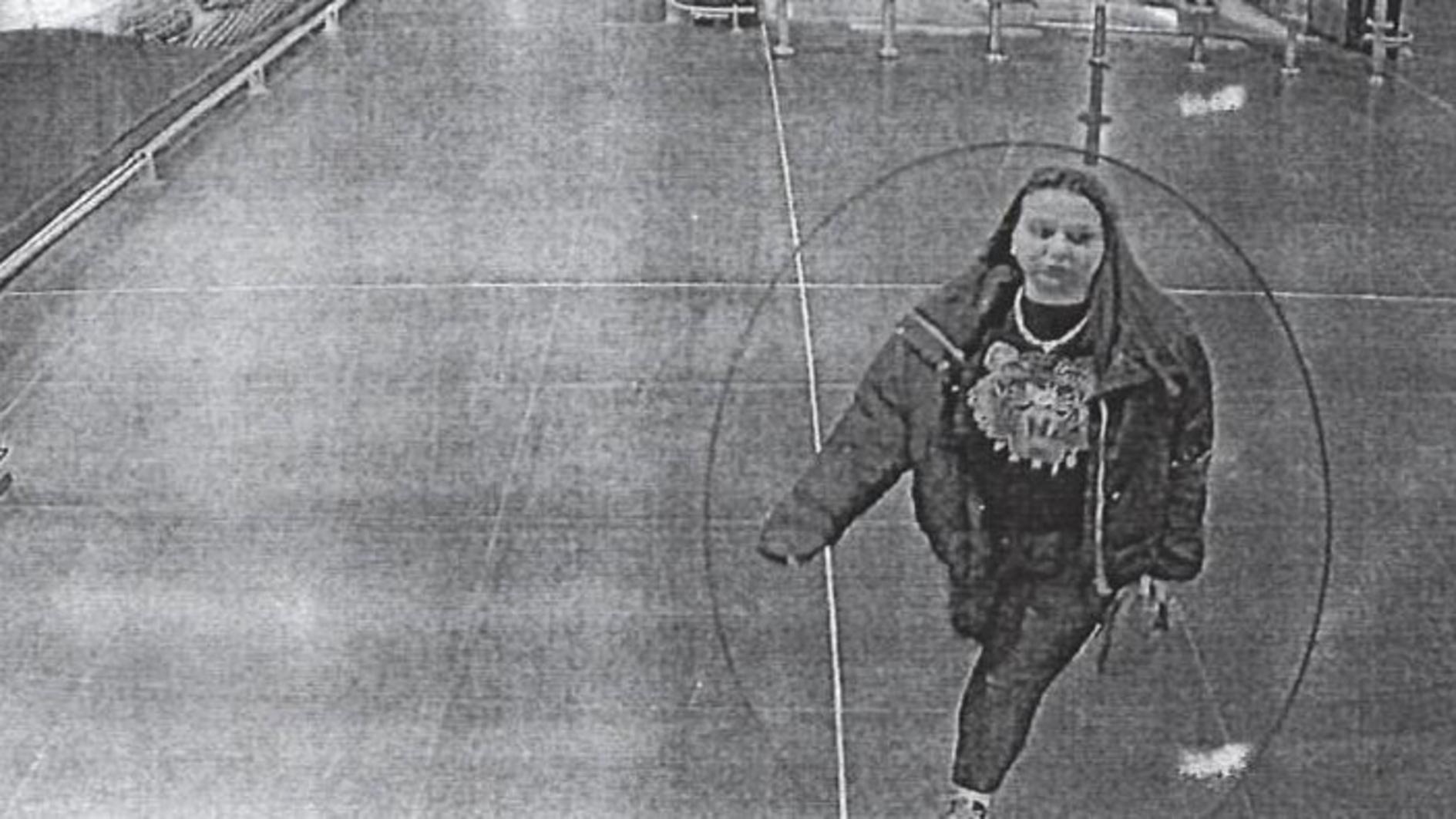Turkish-Georgian ties after elections
MICHAEL HIKARI CECIRE
After an upset opposition win over the ruling United National Movement (UNM) in Georgia’s Oct. 1 parliamentary elections, a dominant question in the minds of foreign observers has been the incoming government’s intended policies toward its former master Russia and, crucially, whether or not it will continue the pro-West orientation of the outgoing government.The opposition coalition Georgian Dream, led by billionaire philanthropist Bidzina Ivanishvili, looks to have taken a commanding 85-to-65 majority in the country’s 150-person parliament, setting the stage for a period of extended cohabitation with the still-powerful president, Mikheil Saakashvili. Frequently characterized by the UNM as a Kremlin proxy, Ivanishvili nonetheless made continued Euro-Atlantic integration a core plank of his campaign platform and strongly reiterated Tbilisi’s Westward orientation upon election. Despite UNM warnings to the contrary, Georgia under an Ivanishvili-led government is unlikely to subordinate Georgian interests in Russia for the same reason that it will likely continue its robust relationship with the West — because of core national interests.
Meanwhile, fewer questions have been asked about how the change in power will affect Tbilisi’s ties with Turkey, whose growing influence in the Caucasus region is often understated. Over the past few years, the UNM has presided over a significant expansion of economic and political ties between the two countries, with some $1.5 billion in trade volume in 2011 (Georgia’s GDP is only a little more than $14 billion) and increasingly convergent strategic goals as evidenced by Ankara’s support for Georgian integration into NATO.
Although Ivanishvili’s top advisers are generally well-known as pro-West modernizers, Georgian Dream’s diverse coalition — held together by little more than common opposition to President Saakashvili — also hosts factions with ultra-nationalistic and even xenophobic tendencies. Shalva Khachapuridze, the Georgian Dream single-mandate candidate in Tetritskalo, caused an incident in mid-September when he exclaimed that “Georgia has to be for Georgians,” adding that Batumi had “become a Turkish city.” He narrowly lost to UNM candidate Davit Bejuashvili.
But Mamuka Tsereteli, the Director of the Center for Black Sea-Caspian Studies at American University, doesn’t believe that fringe sentiments are indicative of an impending foreign policy realignment led by a Georgian Dream government. “There is a lot of Turkish business that [Georgia] should welcome,” he says, underlining the full spectrum of budding ties.
Just as the clash of divergent interests limits the extent to which Tbilisi can repair its ties with Moscow, Turkey and Georgia’s mutually converging interests will continue to propel the relationship, regardless of the party in power. For Georgia, Turkey remains a key economic and political partner. With growing foreign direct investment, booming tourism, and growing cross-border trade, any Georgian government — and particularly one elected to help strengthen the economy — would be loath to give up such positive developments. For Turkey, meanwhile, Georgia remains a crucial transit corridor for goods and energy and an essential link to Azerbaijan and the Caspian.
Wayward rhetoric notwithstanding, Georgia’s newly-elected government is unlikely to want bilateral relations between the two countries to go anywhere but forward. Though Georgia’s leadership has made its affinity for North American and Western European countries quite public, Tbilisi may have no more substantial and durable a relationship than the one it has with Turkey.











